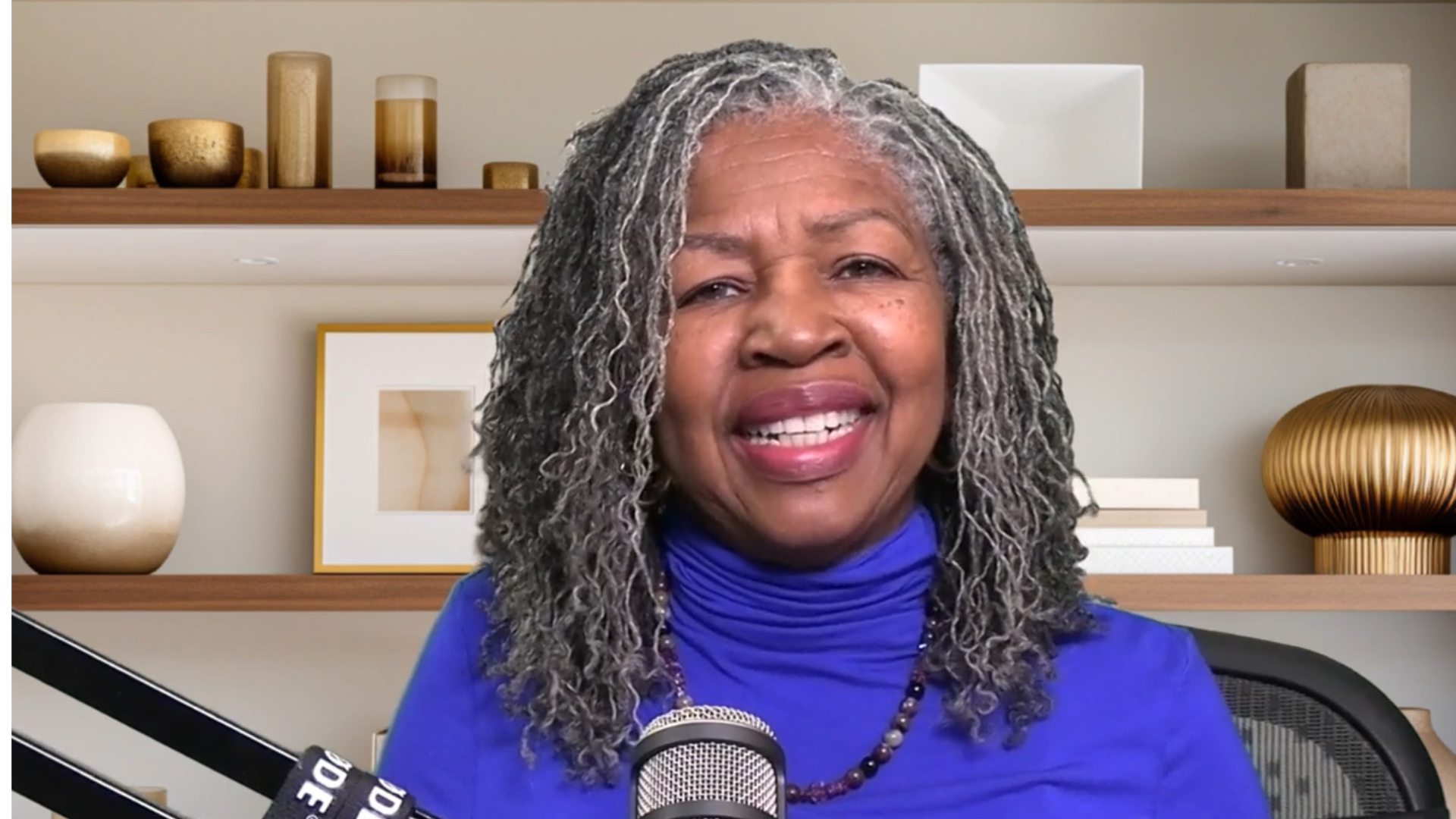High Conflict Child Custody Causes
Child custody disputes are stressful. They can bring out the best and the worst in people. Ideally, when parents separate, they find a way to co-parent that keeps their child at the center. But in reality, that’s not always what happens. Instead of working together, some parents end up locked in an endless battle, unable—or unwilling—to communicate, compromise, or move forward. These cases are characterized by persistent disputes, frequent litigation, and an inability to reach agreements outside of the courtroom.
High-conflict custody cases aren’t just about differing opinions on bedtime routines or holiday schedules. They’re about deeper wounds, unresolved emotions, and, sometimes, a desire for control rather than cooperation. These battles often stretch on for years, draining families emotionally and financially, all while the child gets caught in the middle.
So, what fuels these high-conflict custody cases? What makes it so hard for some parents to work together? And most importantly, how can we start to break the cycle for the sake of the child? Let’s talk about it.
1. Holding Onto the Past
Breakups are complex, and some wounds don’t heal overnight. If the relationship ended in betrayal, dishonesty, or deep resentment, those emotions don’t just disappear once the custody case starts. For some parents, custody becomes another battlefield—a way to seek revenge, exert control, or keep the other parent in their life, even if it’s through conflict.
- Revenge in disguise – A parent who feels wronged may refuse to compromise, drag out legal battles, or use the child as leverage to punish their ex.
- Emotions over logic – Decisions are made out of anger or pain rather than what’s best for the child.
- The past bleeding into the present– If parents can’t separate their old relationship from their parenting roles, every discussion turns into a fight.
When parents carry unresolved pain into custody disputes, the real cost isn’t just legal fees—it’s the emotional well-being of the child.
2. Communication Breaks Down
Healthy co-parenting requires communication, and when that breaks down, everything else does, too. Some parents refuse to speak to each other, relying on their children to pass messages. Others only communicate through insults, accusations, or silent treatment.
- Miscommunication fuels conflict – A missed text or a scheduling mix-up can quickly escalate into a major dispute.
- Weaponized communication – Some parents use emails, texts, and even social media posts to manipulate or attack each other.
- Stonewalling and avoidance – Others refuse to engage, making even simple co-parenting tasks impossible.
Even small disagreements can spiral into legal battles when parents can’t communicate effectively. Using structured tools like co-parenting apps, mediation, or counseling can help create a healthier way forward.
3. Clashing Parenting Styles
No two parents raise their kids exactly the same, but when those differences become a source of control and conflict, the child suffers.
Different approaches to discipline, school, or routines – One parent is strict, and the other is laid back. One prioritizes academics, the other values creativity. These differences can become significant points of contention.
Power struggles over decisions – Instead of working together, parents fight over every little detail—what the child eats, where they go to school, and who they spend time with.
Undermining each other – Some parents ignore agreed-upon rules just to spite the other parent, leaving the child confused and stuck in the middle.
Children need consistency. When parents can’t find common ground, structured parenting plans or professional guidance can help keep things on track.
4. Mental Health Challenges
Mental health plays a significant role in custody disputes. Anxiety, depression, trauma, and other conditions can make co-parenting harder, especially when left untreated.
- High emotions and low cooperation – Mental health struggles can make it difficult for parents to communicate, compromise, or manage stress.
- Paranoia and distrust – Unaddressed trauma can lead to a parent assuming the worst about the other, even when it’s not justified.
- Emotional volatility – When a parent is struggling, minor conflicts can feel much more significant, escalating disputes unnecessarily.
When mental health issues are involved, therapy, support systems, and professional intervention can help reduce conflict and protect the child’s well-being.
Mental health challenges can also lead to supervised visitation orders.
5. Allegations of Abuse and Neglect
When abuse or neglect is alleged—whether true or false—the custody battle takes on a whole new level of intensity.
- Real concerns vs. false claims – Some allegations are genuine, requiring court intervention to protect the child. Others are used as a legal strategy, making it harder for real victims to be heard.
- The court’s role – Judges must carefully navigate these claims, balancing child safety with parental rights.
- Long-term consequences – Even false allegations can destroy trust, prolong litigation, and create an environment of hostility that lasts for years.
Given the high stakes, integrity is key. Every claim should be made with the child’s best interests at heart—not as a tactic to win.
6. Substance Abuse & Custody Battles
When addiction is part of the equation, custody disputes become even more complicated.
- Safety concerns – If a parent struggles with addiction, the other may feel justified in limiting custody to protect the child.
- Legal hurdles – Courts often require drug testing, rehab programs, or supervised visits before granting custody.
- The road to rebuilding trust – Parents facing substance abuse issues must show consistency, sobriety, and commitment to their child’s well-being.
For families dealing with addiction, professional intervention, and structured parenting plans can help ensure the child’s safety while allowing for healthy parent-child relationships.

7. Domestic Violence and Custody
Domestic violence changes everything. Even if the child wasn’t directly harmed, exposure to violence affects their emotional and psychological well-being.
- Protective orders and custody restrictions – Parents with a history of violence may face supervised visits or limited custody rights.
- Ongoing fear and control – A victim of domestic violence may struggle to co-parent with their abuser, fearing further manipulation or harm.
- The child’s best interest – Courts prioritize safety, but survivors need legal and emotional support to navigate custody while protecting themselves and their children.
Breaking free from domestic violence is hard enough—custody battles should be handled with trauma-informed care and legal expertise.
8. Co-Parenting Interference
When one parent actively undermines the child’s relationship with the other, it causes long-term emotional harm.
- Badmouthing the other parent – A child repeatedly hears that their other parent is “bad” or “doesn’t love them.”
- Blocking communication – One parent refuses to allow phone calls, visits, or shared decision-making.
- Creating unnecessary conflict – A parent encourages the child to take sides, making them feel guilty for loving the other parent.
Therapy, court orders, and structured parenting plans can help repair the damage when co-parenting interference occurs.
9. Influence of Third Parties
New partners, in-laws, and even friends can add fuel to the fire.
- New relationships complicate co-parenting – A parent’s new partner may try to take on a parental role, creating tension.
- Extended family pressures – Grandparents or other relatives may push for legal action, adding to the conflict.
- Setting boundaries – Parents must keep communication direct and avoid involving outsiders in custody disputes.
When outside influences escalate conflict, parents must refocus on what truly matters—their child’s stability and well-being.
Conclusion
High-conflict custody cases don’t just happen. They are fueled by unresolved pain, poor communication, power struggles, and, sometimes, outside interference. These battles can last for years, draining time, money, and emotional energy. But they don’t have to.
The best thing parents can do? Shift the focus back to the child. Communicate better. Seek support when needed. Keep emotions in check. And above all, remember that a child caught in the middle of a war between parents is the one who suffers most.
At the end of the day, the goal isn’t to “win” custody—it’s to create a stable, loving, and supportive environment for the child to thrive. And that starts with the adults in the room making better choices.
Frequently Asked Questions (FAQs)
1. What qualifies as a high-conflict custody case?
2. How does the court determine custody in high-conflict cases?
3. How does substance abuse impact custody arrangements?
4. Can high conflict custody cases ever improve?
5. How should false allegations of abuse be handled in custody cases?

About Esther
Esther C. Moore is a family law attorney with over 27 years of experience, including high-conflict child custody and divorce cases. As the CEO of All Rise Solutions, LLC, Esther provides coaching, online courses, and resources to help individuals navigate the legal system when dealing with complex family law matters, including mediation in high-conflict divorce. With a deep understanding of how narcissistic dynamics impact custody and divorce proceedings, Esther is committed to empowering individuals with the knowledge and tools they need to protect their rights.






